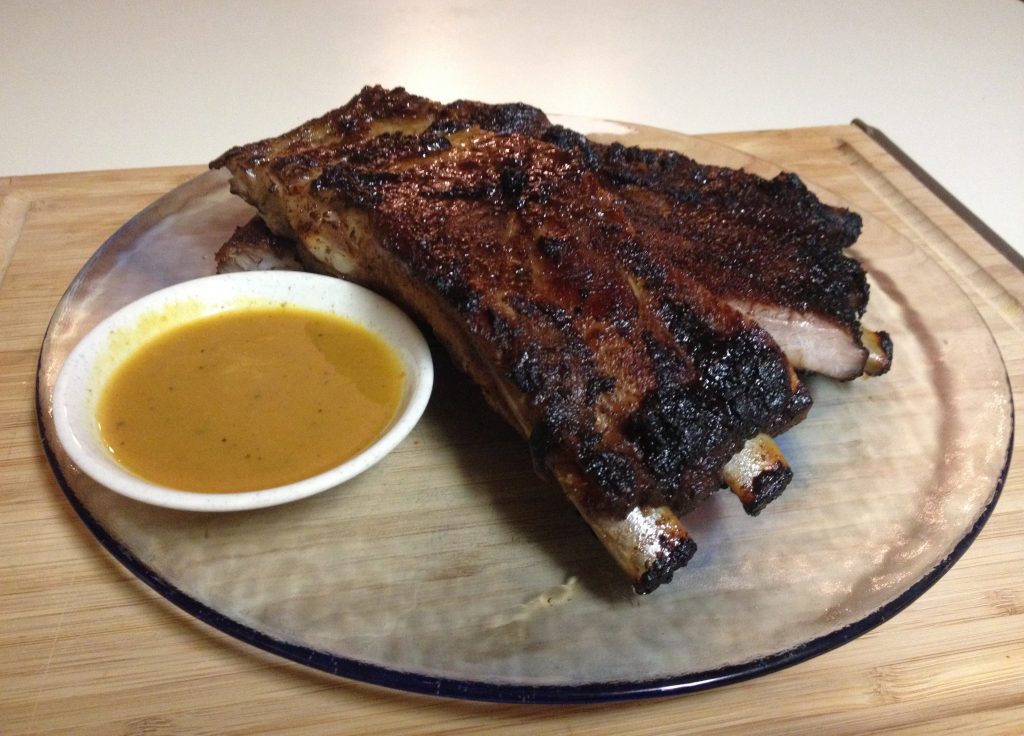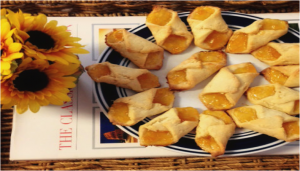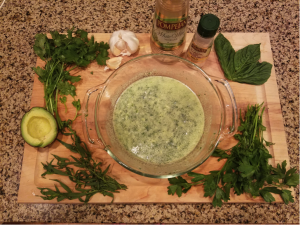“Tradition is not reproduced. It is thrown and it is caught. It lives a long time in the air.” — Leon Wieseltier
In “Cooking the Kaddish,” Susan Gubar references this quote as she reminisces on family tradition. Gubar reflects on memories of her mother’s chicken soup as a way of embracing her cultural inheritance while she teaches herself the mourner’s Kaddish; or, rather as a way of procrastinating learning the mourner’s Kaddish. As Gubar mindlessly goes through the steps of preparing the chicken stock for her mother’s recipe, she repeats the second line of the Kaddish “B’almah dee-v’ra chiru-teh.” As she peels the skin from the chicken, “B’almah dee-v’ra chiru-teh” begins to sink in. With each ingredient and new line of prayer, Gubar is reminded of her childhood. She thinks back on family traditions of Grandma Alice’s German food on Friday nights or Mr. Levy’s battered attaché on Sunday evenings. Gubar parallels the traditional Jewish recipes with the sections of the prayer as she goes along. Continue reading




